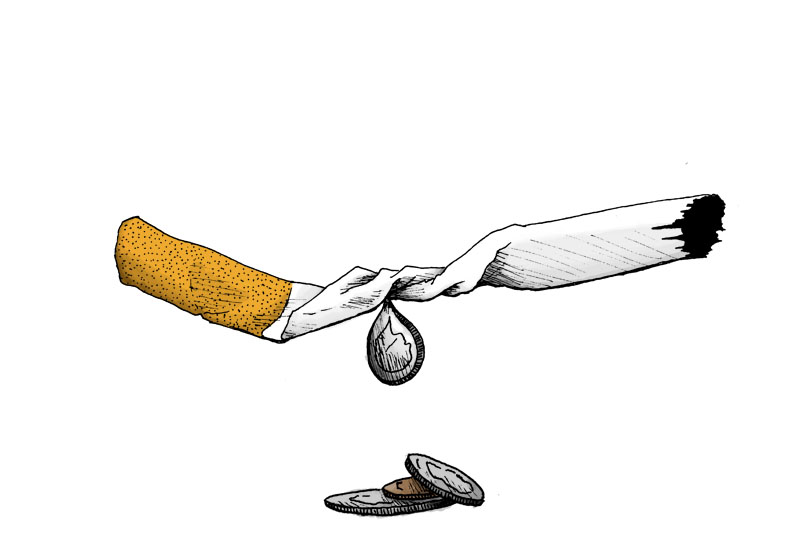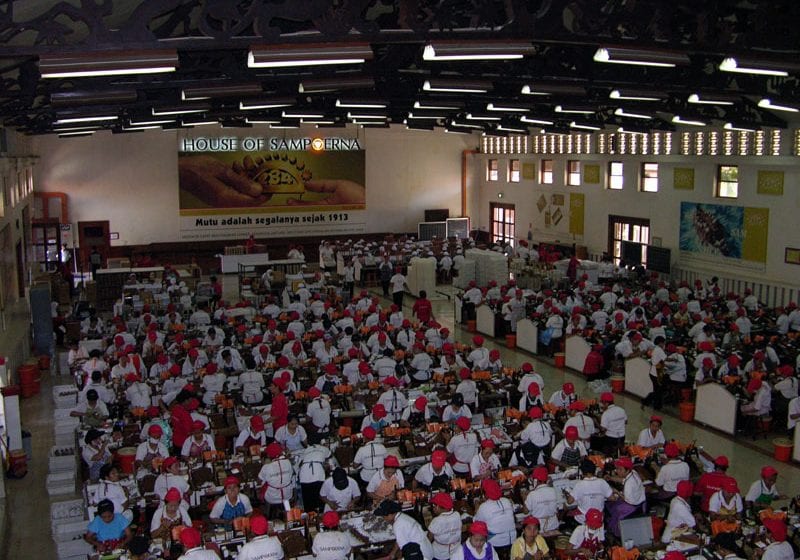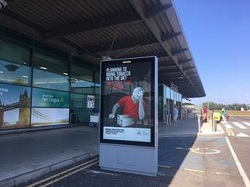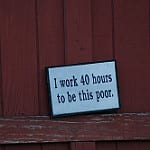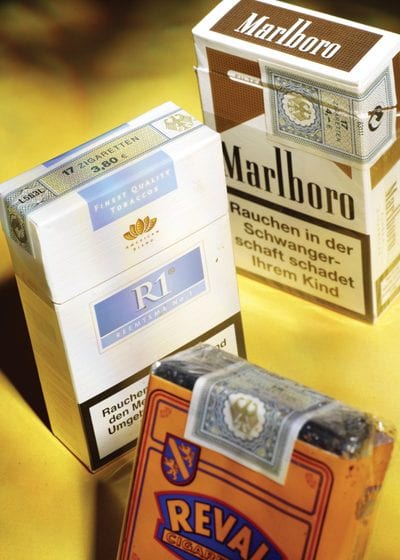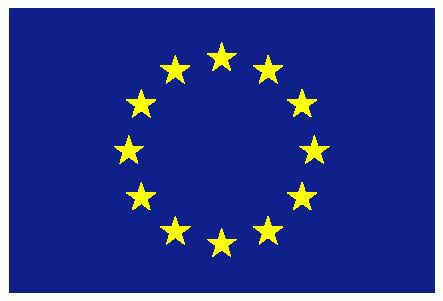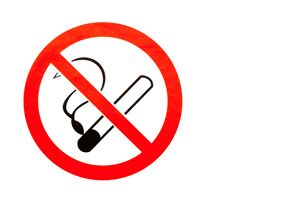Zimbabwe’s Health Ministry wants 80 percent of ‘sin’ taxes channelled towards the prevention and control of cancer and other non-communicable diseases, according to a story by Grace Kaerasora for Zimbabwe Situation, quoting The Sunday Mail.
“Sin taxes are suggested as a source for financing health, and this is elaborated in our Health Financing Policy which was launched recently,” the Secretary for Health and Child Care Brigadier-General (retired) Dr. Gerald Gwinji was quoted as saying.
“This just provides government with an option to finance health, but will need to be approved on a tax-by-tax basis.
“As we speak, some taxes are being levied on tobacco, but these go towards general state revenue and are not specifically earmarked for health.
“The rationale behind sin taxes is that they raise funds and also stimulate changes in consumer behaviour, hopefully positive, resulting in reduced exposure to the product and its unwanted effects.”
The ministry’s Zimbabwe Cancer Control Strategy reads, in part: ‘The objective is to mobilise resources for cancer prevention and control. The target is for 80 percent of sin taxes to be channelled to the ministry by 2018. It will advocate enabling legislation, promotion of sin taxes and an environment that promotes tobacco cessation. This will reduce the economic and social acceptability of tobacco use in line with the World Health Organization-recommended strategies.’
The Cancer Association of Zimbabwe’s information, research and evaluation officer, Lovemore Makurirofa, said the Strategy stressed the importance of cancer prevention as a long-term strategy.
“Tobacco does not only cause lung cancer, but also contributes to other forms of cancer such as cervical cancer,” said Makurirofa.
“Tobacco use among youths is now prevalent. In 10 years’ time, there will likely be an increase in cancer cases if these strategies are not implemented to reduce cancer prevalence in the near future.”


